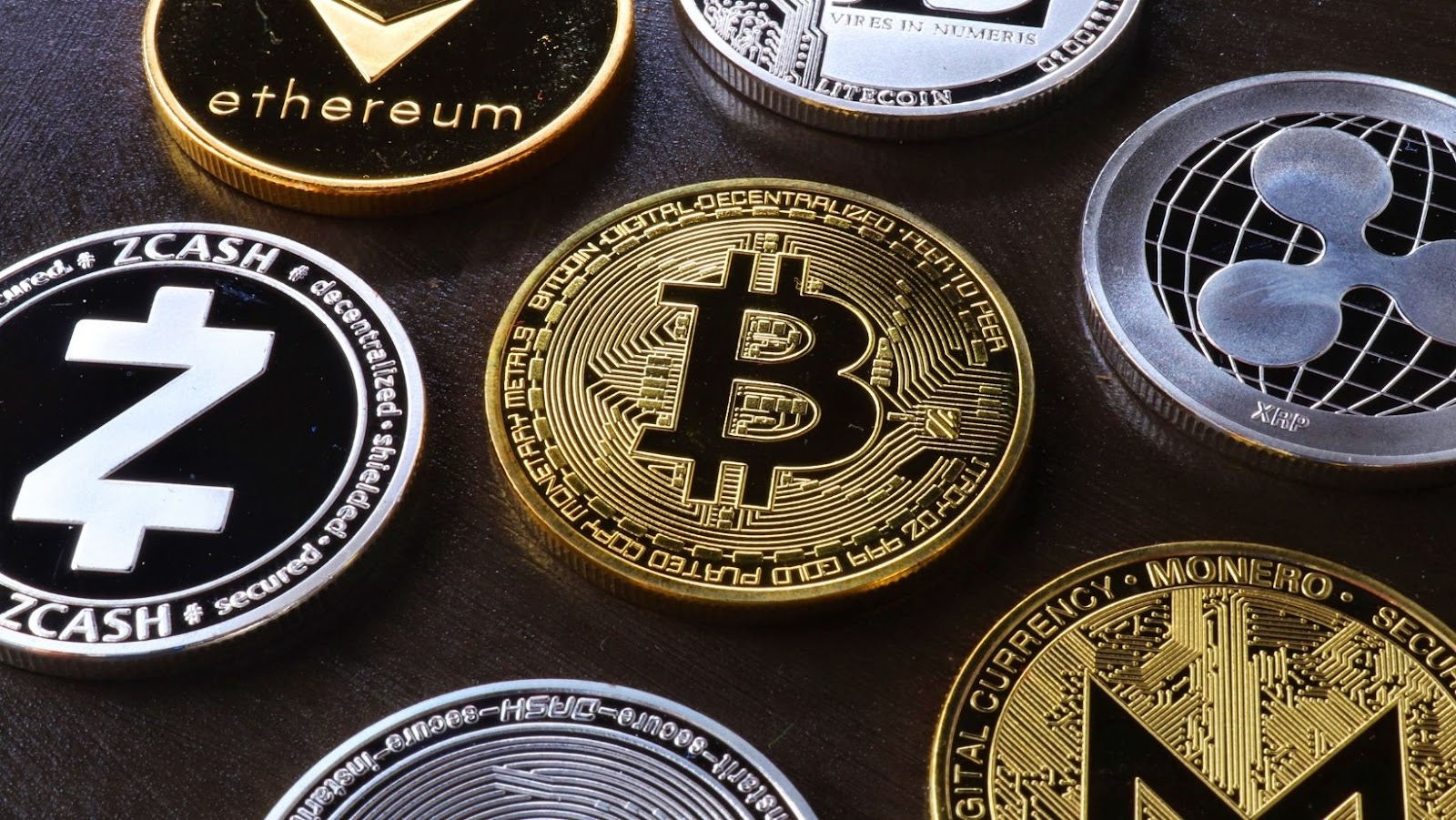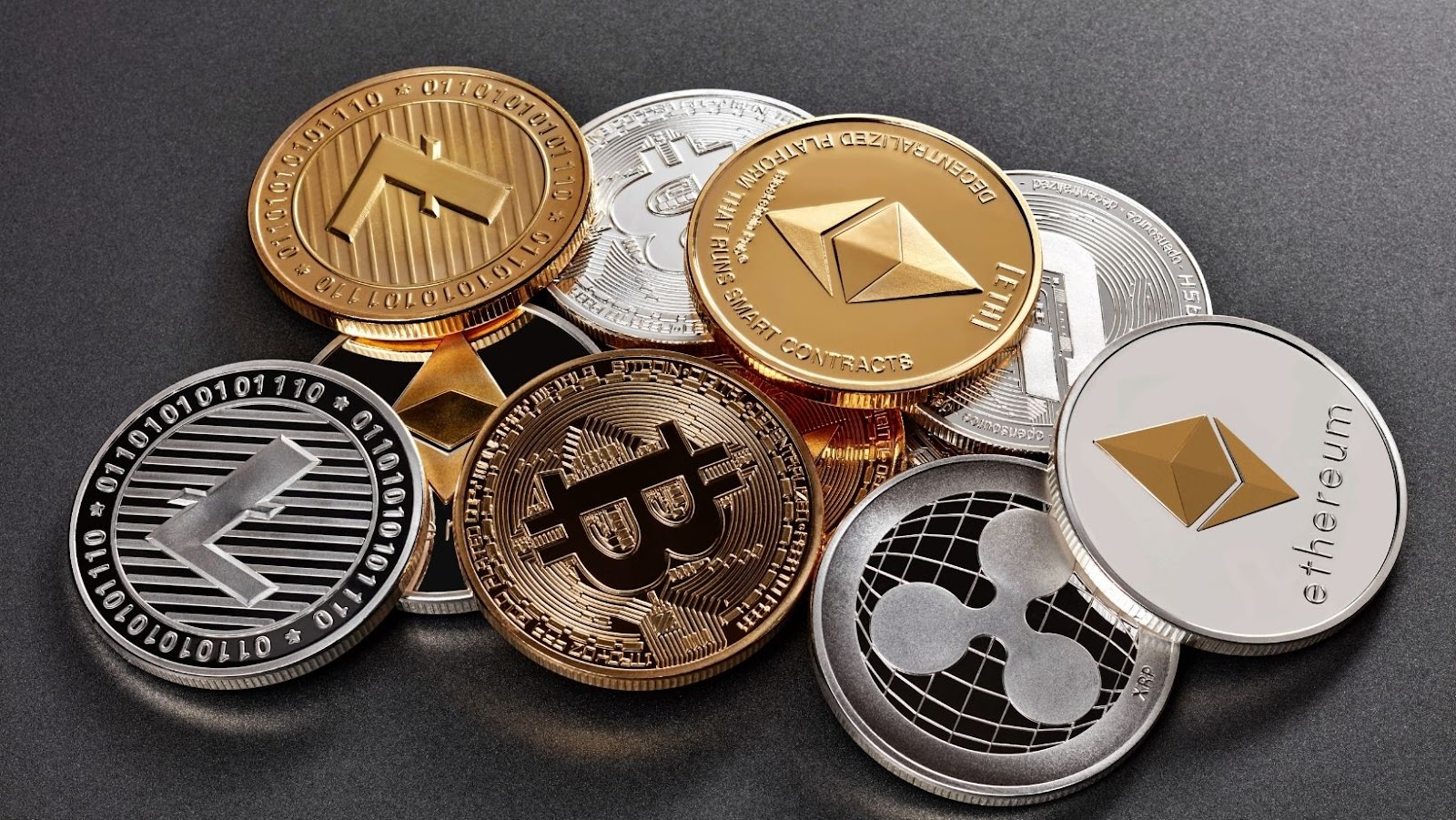
Governments and central banks are having a hard time controlling decentralized digital systems. Technically, they were supposed to be free of government control and remove governmental institutions from “monetary” circulation and confirm rights. Cryptocurrencies have evolved from an IT phenomenon to a popular class of digital assets, competing with banks and payment systems in cross-border payments.
And diverting investment capital away from traditional stock markets, although they do not perform all essential functions. They have even claimed the title of “digital gold.” Dare we say that PlayAmo could also be considered a digital goldmine? But in the world of gambling,

What Exactly Is a Cryptocurrency?
Cryptocurrencies are digitally encoded transaction verification codes (tokens) in a distributed blockchain-based network. A ticket (or coin) is a new term in accounting after debit and credit. And blockchain is a technology for accounting and registration. Other digital technologies, such as 3D printing, automated control systems, digital communications, and the digital imaging and video industry, are all productive. Blockchain technology isn’t. On the other hand, blockchain networks and distributed registries have poorer energy efficiency than standard digital payment systems. It’s a nine-orders-of-magnitude difference. Ready to learn to trade? Check out Swyftx to create a free crypto trading account.
A “digital cemetery” for investor cash might develop if regulators fail to watch some aspects of the crypto market, the world’s most popular way to generate cheap money. When interest rates rise, the Federal Reserve and other central banks will accelerate the process of deflating asset bubbles. Quantum computers might render the cryptographic underpinnings of “cryptocurrencies” obsolete in the not-too-distant future. To navigate these potential challenges, investors may consider the strategy to swap crypto to adapt their portfolios and hedge against risks.

Lack of international rules and regulations
A lack of international rules and regulations and a global regulatory environment could pose a severe threat to global financial stability. As well as to regulators and tax authorities in many countries due to the rapid spread of the crypto market. It’s the high volatility of value, and it’s growing in volumes.
Cryptocurrencies are fraught with danger on all fronts: monetary, environmental, and criminal. The risks associated with crypto assets, exchanges, and wallets in the cryptocurrency market are significantly higher than those associated with the regulated financial system. The need to protect investors and consumers in all economies is undeniable. Bitcoin’s rapid growth necessitates the adoption of comprehensive international regulations.
Many people are opposed to mining crypto, including proponents of the “green transformation,” governments adhering to sustainable development principles, and investors committed to ESG principles. This is especially true when Europe and Southeast Asia grapple with severe energy crises. A substantial carbon footprint, overburdening of electrical networks, and reduced manufacturing capacity are all consequences of cryptocurrency mining. All of which can not be ignored any longer.
Anonymous bitcoin payments are a godsend for criminal organizations engaged in drug trafficking, extortion, human organ trafficking, and other unlawful activities. Terrorists in Syria, Iraq, Libya, and Afghanistan were using electronic bitcoin wallets. According to the Global Drug Survey, the number of EU citizens using bitcoin to purchase medications has increased significantly.

For nations with varying economic and political weight, it’s much more challenging to develop a single cryptocurrency policy. Global crypto market volume is dwarfed by the trillions of dollars of traditional banking systems’ assets in the world’s most powerful countries. Meanwhile, the money supply in developing economies is several times, if not dozens of times, smaller.
Certain central banks consider cryptocurrency a threat to financial sovereignty. They believe they represent a danger to existing banking institutions and their customers, particularly those vulnerable to scams, theft, and hacking. Other authorities feel that it is sufficient to monitor the crypto market for now to not interfere with innovation. but to subsequently apply existing rules and regulations to this sector of “digital assets.”







